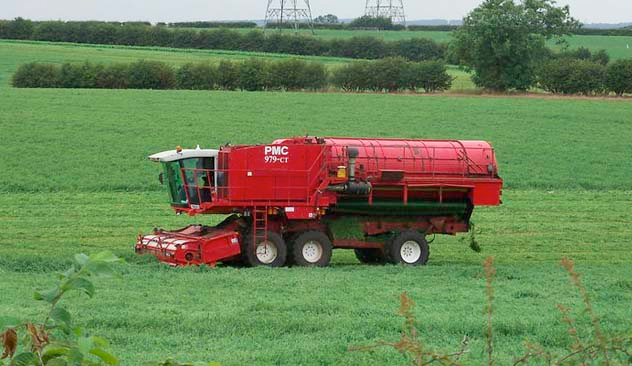
Farmers don’t often like to contemplate retirement but it’s important to plan ahead if you’re thinking of taking a step back from your farm business. Mark Chatterton of East Midlands accountants and business advisers Duncan & Toplis takes a look at the issues…
I had many chats over the winter months with clients regarding succession. They say there are two certainties in life – death and taxes – but to that list you could add retirement. They also say that farmers never retire but I try to discuss the subject with clients on an annual basis.
There is certainly no blueprint for retirement, and retiring physically and retiring financially could be two different things. Retiring financially means triggering the pension tax-free lump sum and starting to draw on the remaining balance.
I am finding that farmers have often saved something into pensions over their lifetime, although often the fund is quite low. These savings should not be ignored, however, as coupled with any other savings and potentially a rent from the farming business, a reasonable income can be guaranteed into old age.

The pension rules changed on 6th April 2015, making pensions even more flexible, and pension funds can now be passed down to the next generation in certain circumstances. Unlike the generation above them, today’s 65 to 80-year-olds have saved something for their own retirement and there is scope for them to live off this income, maybe eat into some of their capital and reduce drawings from the farming business.
Despite the many training courses for those getting into farming, there are currently no official training courses for those going in the opposite direction who want to reduce their involvement with the farming business. A passion for golf, horse racing or other hobbies can often help and many keep the holiday companies busy!
The current tax regime is quite benign regarding capital taxes, both Capital Gains Tax and Inheritance Tax. The older generation can gift business assets and claim holdover relief for Capital Gains Tax, so no tax is paid. Although these assets may qualify for 100% Inheritance Tax relief on death, gifting avoids having to claim this relief, which requires complicated valuations and forms to be filled in. This is proving very costly for those families involved, who have to negotiate with lawyers and HMRC, and if this can be avoided and assets can be gifted in lifetime, things are made a lot easier.
Many businesses trade as partnerships and therefore gifts of assets can be reflected in partnership capital accounts.
If the business is a company, then gifting shares down can also qualify for holdover relief. If the older generation are not drawing their dividend from this family company and they do not need the income, why are they still holding shares in it?
My final point has to do with nursing home fees, as they can be very expensive and it is not known when they will be needed and for how long. If the older generation gifts away capital, there may need to be a written agreement that the recipients pay for any future nursing home fees that may arise.
